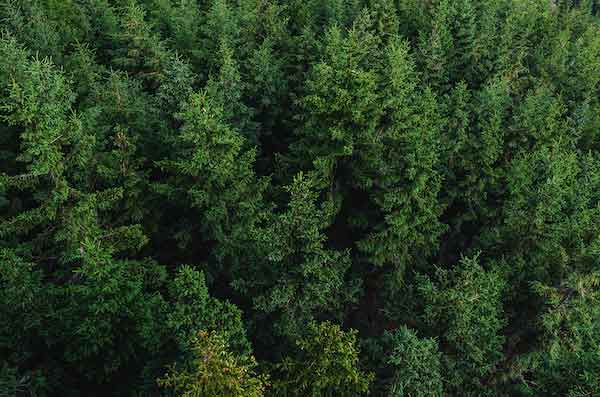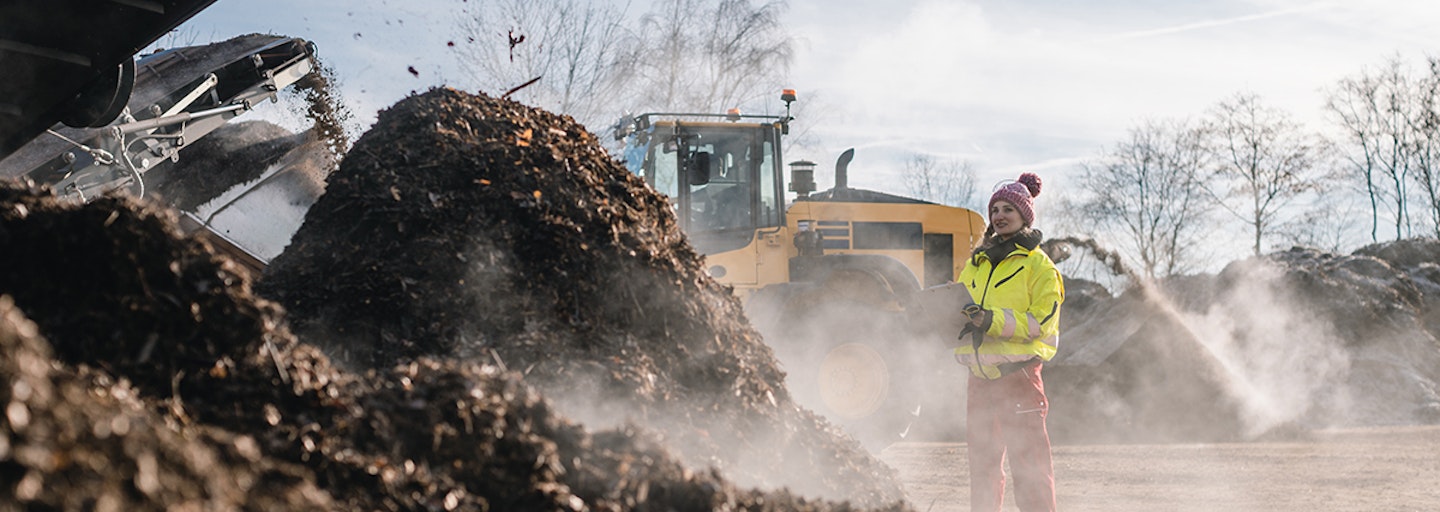How to prevent legionnaires' disease when using compost
Learn about legionnaires' disease in compost and potting mixes. Find out why Legionella may be present in these natural materials and how to handle them safely.
What is Legionnaires' disease
A bacteria, known as Legionella, thrives in various settings, including soil, compost, and potting mix. While Legionnaires' disease is relatively rare and many healthy adults may develop immunity, it's important to recognise the risks, particularly for individuals with compromised immune systems or chronic health conditions, such as smokers.
The symptoms of Legionnaires' disease can be deceptive, often resembling flu-like symptoms, including fever, chills, cough, and shortness of breath. Given its elusive nature and potentially severe consequences, it's essential to understand how to prevent legionnaires' disease and protect yourself.
How does Legionnaires' disease spread?
Thankfully, Legionnaires' disease is not contagious between people, so you can't catch it from a friend or colleague. Instead, the disease spreads through inhaling Legionella-contaminated dust from compost and potting mixes.
So, when you're handling these natural raw material that are thriving with bacteria that is healthy for your plants, there's a chance that you could inhale contaminated dust particles. Even repotting old plants can increase the risk of Legionnaires' disease as older compost tends to accumulate more dust particles over time, making it a prime breeding ground.
Why is Legionella bacteria in Azwood’s compost and potting mixes?
First, let’s get one thing straight. No matter where you purchase your compost, there is always a risk of Legionnaires' disease. This risk is not just from our own manufactured compost and potting mix, but can be found in any due to the rich organic nature of the product.
Compost is created using natural materials and organic elements such as animal waste, fungi and green waste. Compost goes through a natural heating process to decompose, however, as organic materials break down, they release nutrients that can support the growth of bacteria, making it an ideal environment for Legionella bacteria to grow.
Legionella bacteria thrive in environments with moisture and warmth. Compost and potting mixes often maintain these conditions and if they are not properly stored or if they remain damp for extended periods of time it can increase the chance of contamination.
Handling compost and potting mixes safely
Wear gloves when handling mulch, compost, and potting mix
When working in greenhouses, potting sheds, or indoors, make sure the working area is well-ventilated
Water composts gently, using a low-pressure hose to reduce dust
When potting plants, wet the soil to reduce dust
Store bags of potting mix, soil, and compost out of direct sunlight
Open bags of mulch, compost, and potting mix slowly and away from the face to avoid inhaling the mix.
Avoid opening bags in enclosed areas
If concerned, wear a dust mask to avoid inhaling dust
Please review the most current and relevant information on preventing the risk of Legionnaires' disease on the WorkSafe NZ website.
How to prevent legionnaires' disease
Discuss the risks and risk mitigation with your staff and customers
Provide a cleanup kit with instructions, disposable respirators, water mist bottle, brush and shovel set, plastic bags, and tape to seal the bags and ensure workers know how to use the kit
Give staff and customers access to fact sheets and the WorkSafe NZ website for the most current information
Display fact sheets and warnings in appropriate areas
Educate homeowners on using a gentle spray when watering
Understand the cautions and warnings labeled on products
Wash hands carefully after handling soil and before eating, drinking, smoking, or placing hands near the face
See your doctor immediately if you develop a flu-like illness that is worsening (antibiotics are effective against legionnaires disease if given early)
Carefully clean and cover cuts or scratches
Download the most current quick guide from WorkSafe NZ for best safe practices to prevent legionnaires' disease
Related articles

Follow us
More from Azwood
Connect with us on social media to learn more and be the first to hear our latest industry updates

